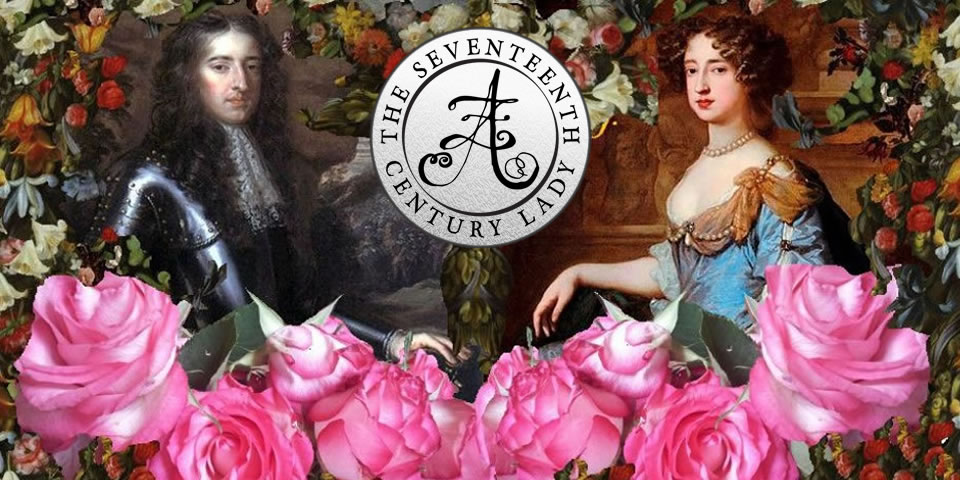Known for a book that is often found in Top 100 lists — Paradise Lost — “John Milton” is a name recognised by most literature buffs. He died in poverty, blind, and in ill health: a sad end for a gifted writer. Milton (1608–1674) was a leading Parliamentarian propagandist during Interregnum/Commonweath in the 1650s, and he famously and eloquently countered the very popular Royalist tract Eikon Basilike with Eikonoklastes.
In his famous poem “When I Consider How My Light is Spent”, Milton wrote about his increasing blindness and questions his God as to why this happened to him and how it is possible to serve Him by being thus. In this 17th Century poem, the main poetic devices are the following: prosody, situational irony, and tone.
But first, you should read the poem:
When I consider how my light is spent,
Ere half my days in this dark world and wide,
And that one talent which is death to hide
Lodged with me useless, though my soul more bentTo serve therewith my Maker, and present
My true account, lest He returning chide;
“Doth God exact day-labor, light denied?”I fondly ask. But Patience, to prevent
That murmur, soon replies, “God doth not need
Either man’s work or His own gifts. Who best
Bear His mild yoke, they serve Him best. His stateIs kingly: thousands at His bidding speed,
And post o’er land and ocean without rest;
They also serve who only stand and wait.”
Prosody is used throughout. Milton has a unified rhyme scheme abba-cddc-efg-efg. Under further observation, the reader may notice that the last word of each stanza rhymes with the first of the next: spent, present, need, and speed. Milton also uses the standard poetry form of his time – the sonnet (which consists of fourteen lines). The character of the poem is the poet himself.
The situational irony of “When I Consider” is that Milton knows that he is talented, but doesn’t know how to deal with it: “And that talent which is death to hide” (line 3). It is ironic because here is a man who is incredibly talented, yet isn’t able to use his talents, and his being thwarted in this is tantamount to a sort of death.
Finally, “When I Consider” exhibits a woeful tone of loss. It is doubtless a great blow to lose one of one’s senses and this poem shows Milton dealing with this as best he can: through his writing. This poem was written by a deeply conflicted Puritan man, a talented man who lost his independence as he lost his vision.
In these lines, Milton asks how he could work for God if his light is denied him? Patience replies that God has no need of his labour and that one can serve God simply by accepting the situation he sent to him (it would have provided some comfort for Milton to know that his blindness was simply part of God’s plan for him). Something modern readers would do well to remember is that most seventeenth-century people were much more religious than today, and so God and his power was, to many, quite important.


The older I get, the more poignant and personal this major poem becomes!
I find it incredibly poignant as well but mainly because my eyesight is deteriorating badly. My uncle was completely blind by age 40, I believe. I’m trying to avoid that. 🙁
“Milton knows that he is talented, but doesn’t know how to deal with it.”
A current that flows throughout his work:
The opening lines of ‘Lycidas’, whilst reflecting the fact that the poem is a pastoral elegy also express a feeling that he is not quite ready to unleash his talent upon the world?
“Yet once more, O ye laurels, and once more
Ye myrtles brown, with ivy never sere,
I come to pluck your berries harsh and crude,
And with forc’d fingers rude
Shatter your leaves before the mellowing year.
Bitter constraint and sad occasion dear
Compels me to disturb your season due;”
A truly revolutionary poem that is still of much relevance today!
“Blind mouthes! that scarce themselves know how to hold
A sheep-hook, or have learn’d ought els the least
That to the faithfull Herdmans art belongs!
What recks it them? What need they? They are sped;
And when they list, their lean and flashy songs
Grate on their scrannel Pipes of wretched straw,
The hungry Sheep look up, and are not fed,
But swoln with wind, and the rank mist they draw,
Rot inwardly, and foul contagion spread:”